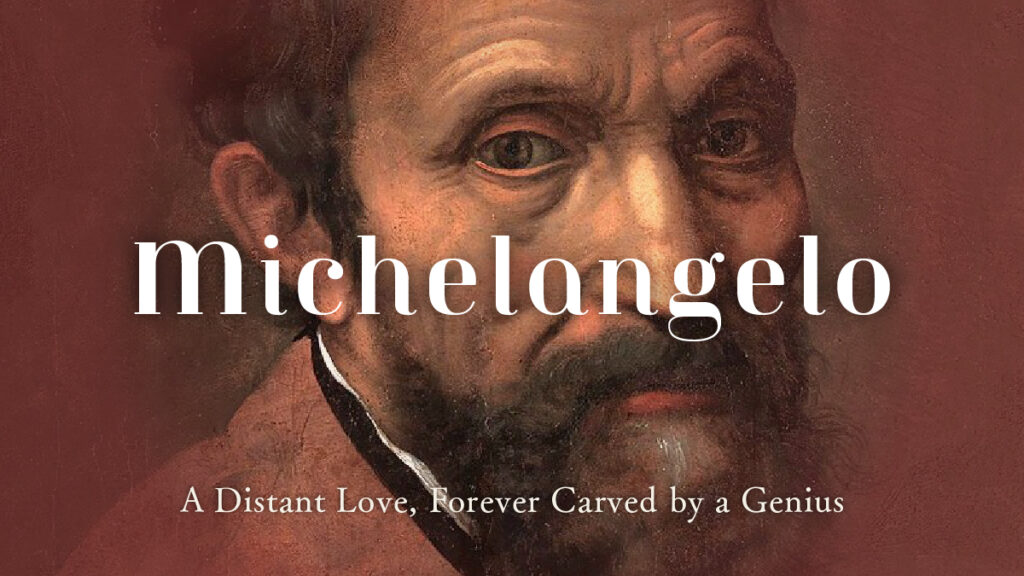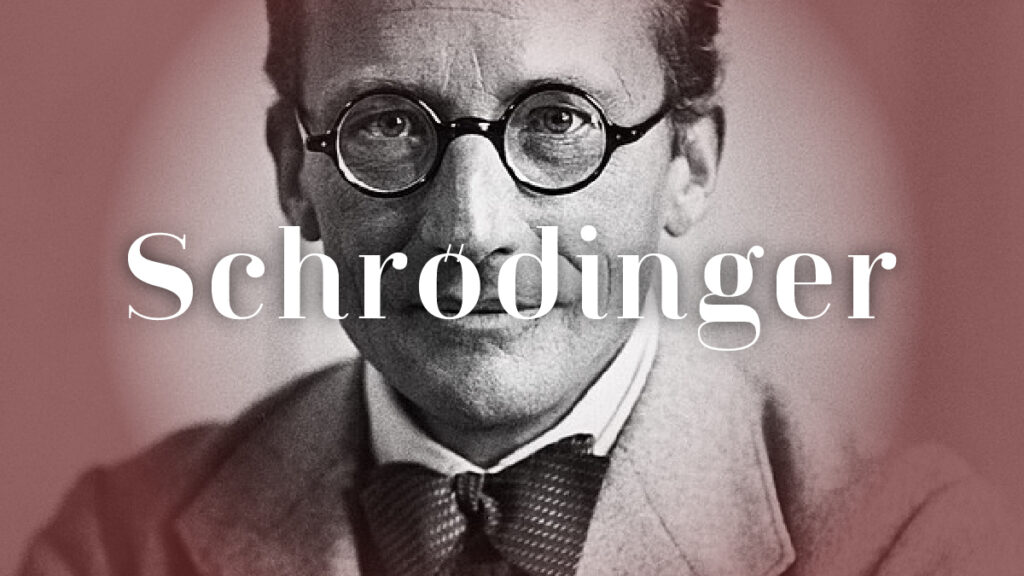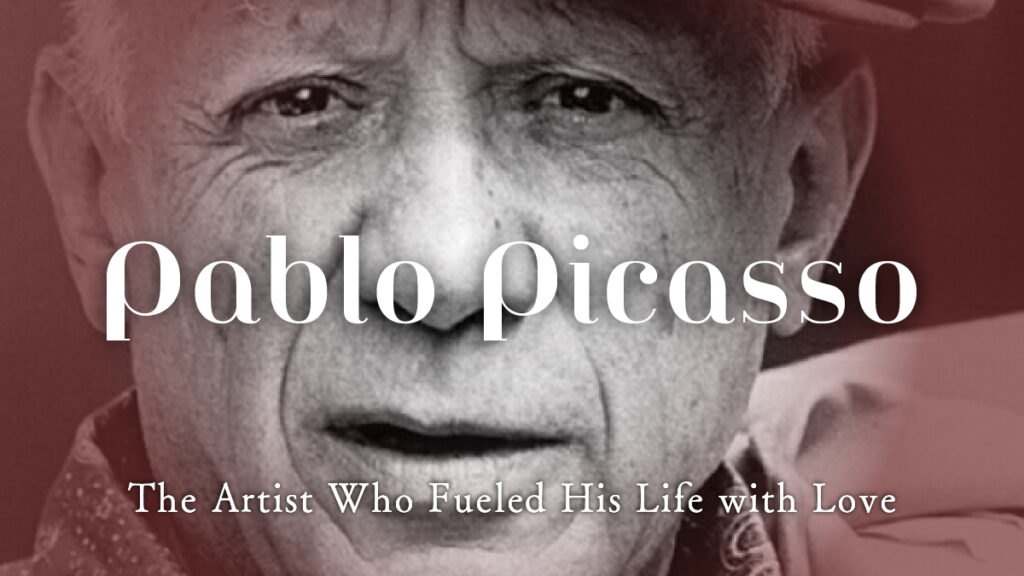Socrates’ View of Love|What Did the Father of Philosophy Mean by “Love Without Touch”?
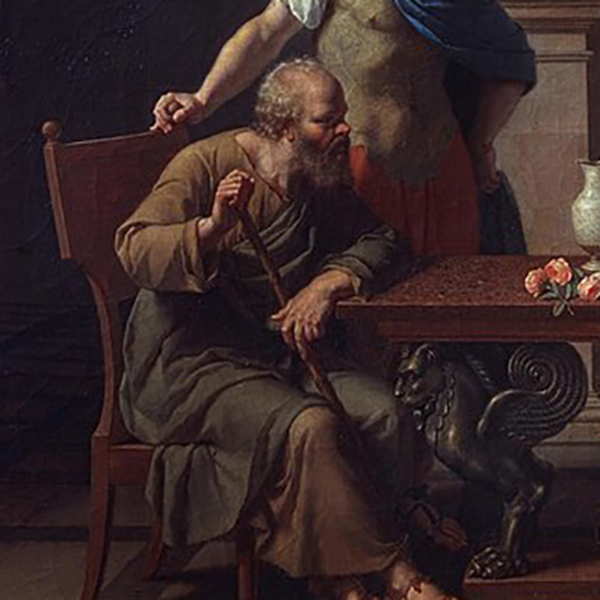
In the streets of Athens, there was a peculiar man.
He spoke of the “wisdom of knowing nothing,”
and through his probing questions, sought to uncover the truth.
A philosopher whose unique method of dialogue would shape the minds of generations to come.
His name was Socrates.
He laid the foundation for Western philosophy,
a legacy carried on by Plato and Aristotle.
Barefoot and wrapped in rags,
he approached passersby and drew them into a labyrinth of words—
a man who wielded language like a light cutting through silence.
People mocked him, others feared him.
Yet within his voice lingered something that transcended reason—
a quiet resonance of love that touched the human heart.
—In this article, we turn our gaze toward Socrates’s view of love,
tracing the form of affection he both spoke of and lived.
A Boy’s Gaze
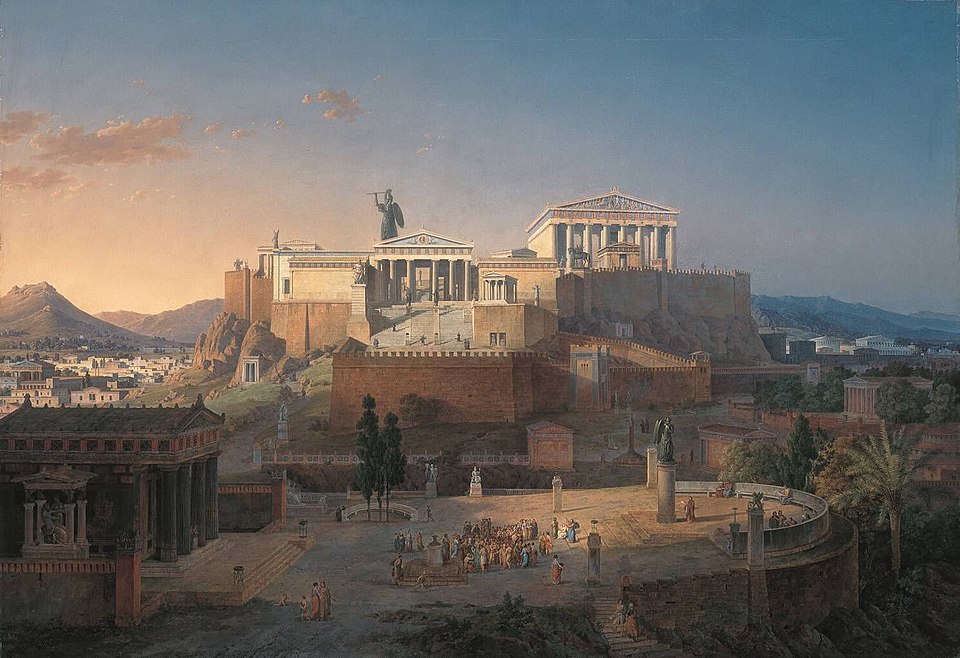
Before Becoming a Midwife of Souls
Little is recorded of Socrates’ childhood.
But the fragments that remain hint at a boy unusually sensitive to the act of seeing.
His father was a sculptor. His mother, a midwife.
To carve is to draw form from within. To midwife is to bring invisible life into the world.
“I am like my mother,” he once said, “except I midwife souls, not bodies.”
These words feel like echoes from a childhood lived half in shadow.
Through questions, he coaxed something unnamed to be born in others.
Though he trained in athletics and the martial arts as a young man, Socrates seemed more drawn to the subtle shifts in human expression—the silence behind words—than to swordplay or sport.
Love. Beauty. The soul.
The boy’s gaze gradually came to hold the light of inquiry.
Marriage and a Storm Named Xanthippe
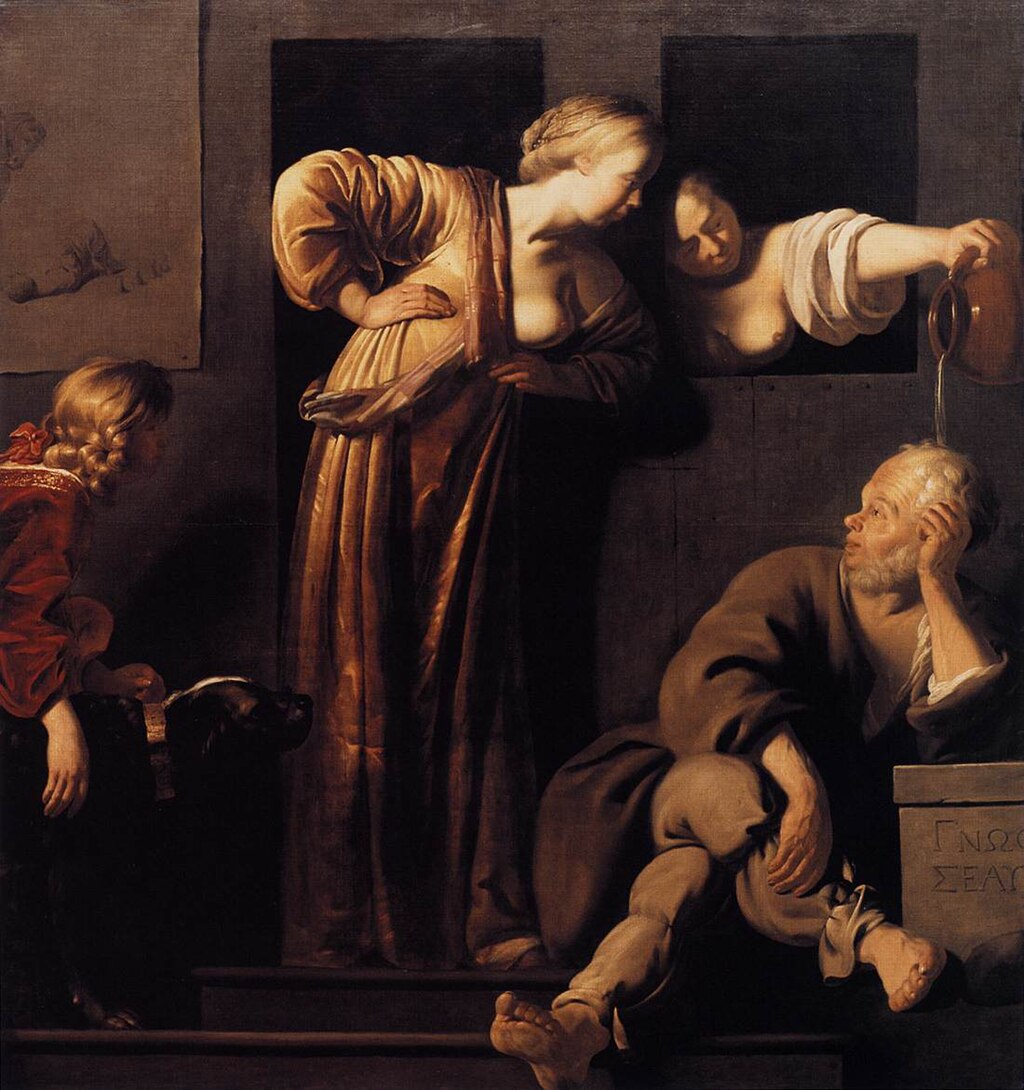
A Philosopher’s Domestic Life
Records of how Socrates met his wife Xanthippe are scarce.
She was said to be much younger, and their marriage took place after he had gained some renown as a philosopher.
When one thinks of love, we imagine whispers in the dark, candlelit nights.
But such sweetness was absent from Socrates’ home.
Xanthippe was infamous for her temper—an “ill-tempered wife,” as history has branded her.
Once, she unleashed a storm of words upon him, and when he calmly withstood it, she grew even more furious and dumped a chamber pot over his head.
Socrates, unfazed, reportedly said:
“Well, after thunder comes rain.”
For him, even a marital squall was simply another natural phenomenon—perhaps even a part of his philosophy.
One day, a young student asked, “Master, why did you marry such a fearsome woman?”
Socrates laughed and replied:
“Life demands experience. If you marry, you learn patience. If you divorce, you learn freedom.”
It wasn’t romance, but a deep insight into living together.
Even the discordant chords of love, for Socrates, may have been a path to truth.
A Culture of Boy Love

Pederasty and Platonic Devotion
In ancient Greece, it was common for older men to form spiritual bonds with boys—paiderastia, a form of mentorship that today would strike us as ethically troubling, but was once accepted as part of education and moral development.
Socrates was adored by many young men—Crito, Phaedo, Apollodorus.
Youthful souls always gathered around him.
Yet he never crossed the boundary of teacher and student.
There is no record of sexual contact.
Rather, his view of love centered on overcoming desire.
To love, in his eyes, was to look upon beauty without needing to possess it.
One tearful youth once asked, “Why do you not return our love?”
Socrates answered gently:
“Love is not something you take. It’s something you gaze upon, without letting go.”
This was love that transcended flesh and embraced spirit.
The Confession of Alcibiades
Alcibiades was a strikingly beautiful young man—both a disciple of Socrates and a rising political star.
And he was in love with his teacher.
One night, drunk with longing, Alcibiades threw himself into Socrates’ lap and offered his body.
Socrates, quietly, pulled a blanket over him and said:
“It’s cold. You’ll catch a chill.”
He touched no skin. He faced only the soul.
Socrates did not deny desire—he called it natural—but giving in to it, he said, was foolish.
This was not just philosophical pride. It was a kind of personal elegance.
Paradoxically, Alcibiades became even more enamored after being rejected.
“A man who steals hearts without touching flesh”—that was Socrates.
The Philosophy Within Love’s Dialogues
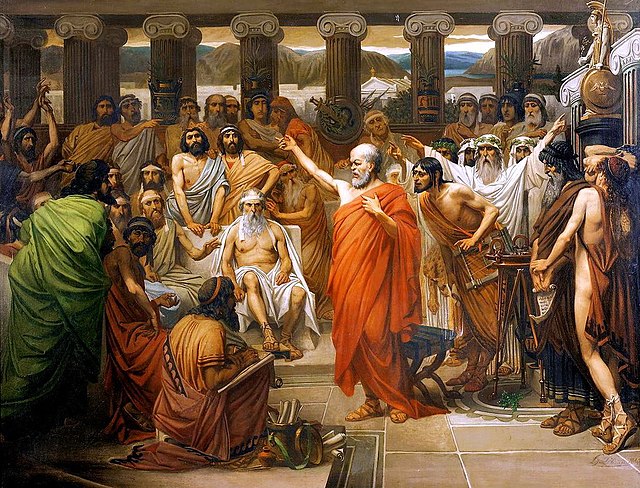
What Is Love?
To understand Socrates’ view on love, one must turn to Plato’s Symposium—a dramatic dialogue where men take turns praising love over wine.
In it, Socrates recounts a lesson from his teacher, the mysterious priestess Diotima.
“Love,” he says,
“is the force that lifts the soul toward beauty itself.”
To Socrates, love was not carnal union but a beacon leading us to truth and beauty.
This idea became the foundation of what we now call “Platonic love.”
But it was not a denial of the body.
He acknowledged physical attraction—then dared to look beyond it.
One evening, he reportedly said to a young sculptor:
“You are beautiful. But until I see your soul, I cannot begin to care.”
To love beauty without being bound by it—this paradox was the very heart of Socrates’ way of loving.
At the Edge of Death
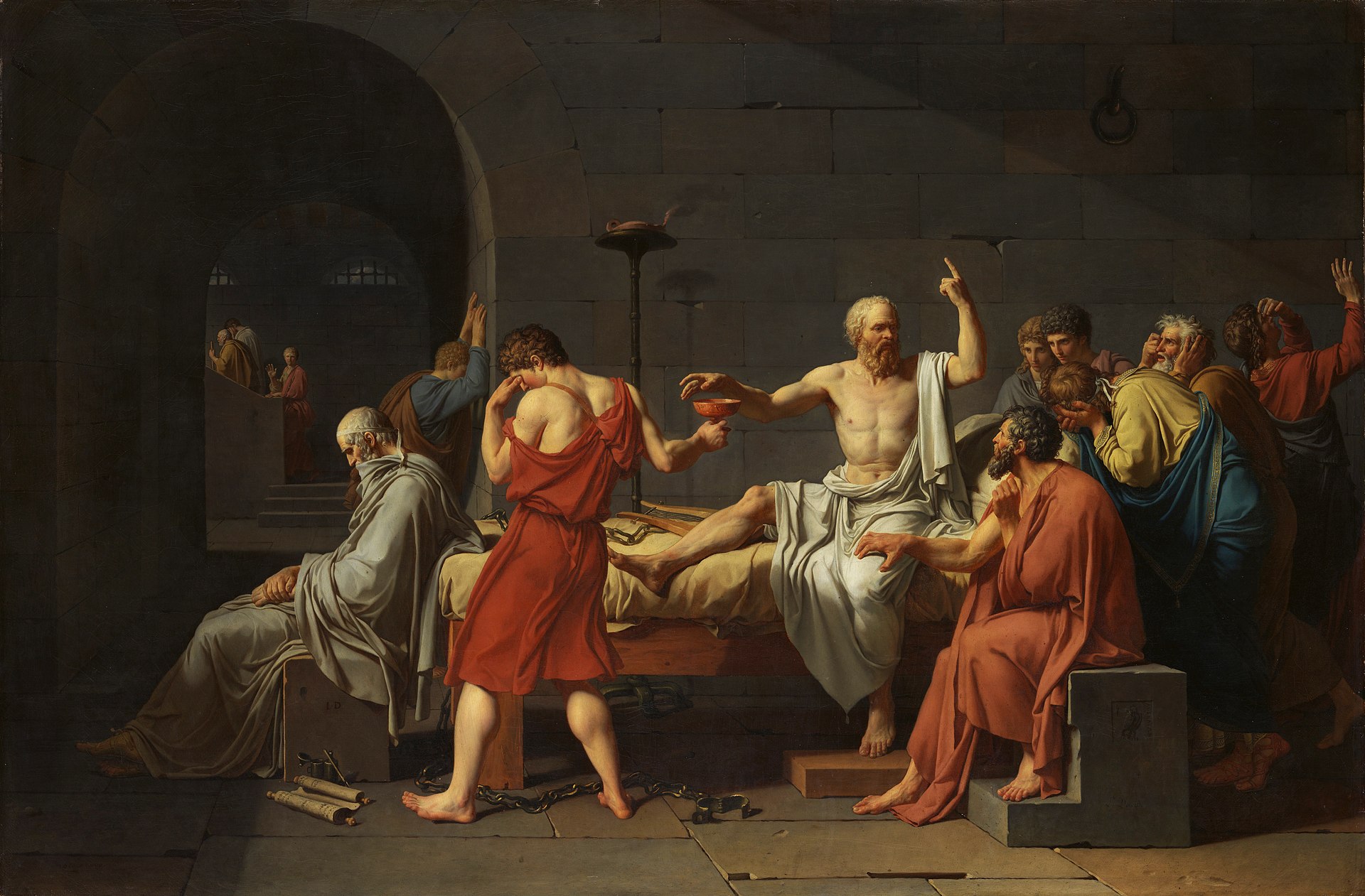
A Final Whisper of Love
Socrates died calmly by drinking hemlock.
In 399 BCE, under Athenian democracy, he was sentenced to death for “corrupting the youth.”
He met death without anger or sorrow.
His final words were:
“Don’t forget to offer a rooster to Asclepius.”
Asclepius was the god of healing.
Those healed of illness often gave a rooster in thanks.
No one knows exactly what Socrates meant.
But some believe he meant: “At last, I am cured.”
To him, death was not an end—but a release. A freedom of the soul.
He had never surrendered to desire, only loved what was true.
His life ended, as it had been lived—quietly, and with purpose.
To Love Is to Know
“To know you know nothing”—this was Socrates’ deepest truth.
And he applied it even to love.
To love, one must seek to know the other.
To know oneself.
To be honest about desire—but not ruled by it.
It is the feeling that, with every love, we become a little wiser.
Socrates’ way of love was neither sweet nor showy.
But his quiet question still drifts to us, across the centuries:
“Is your love only something you want to possess?”
In the stillness, his voice comes near—not as a lesson, but as a whisper to the soul.
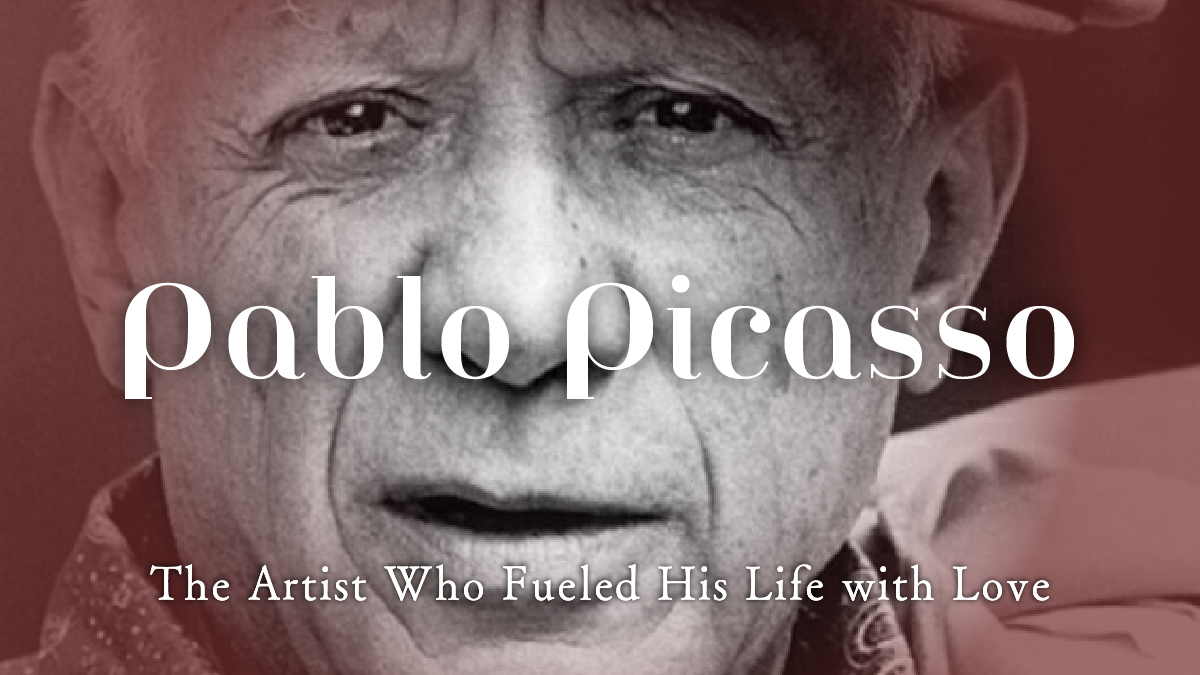






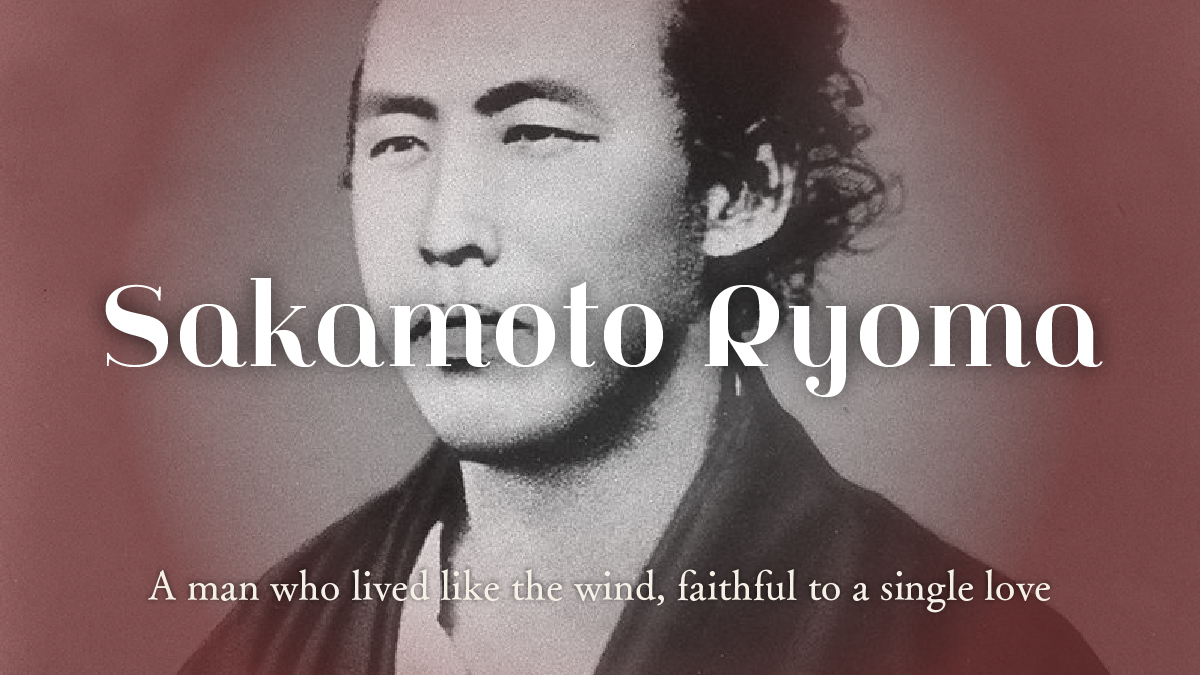

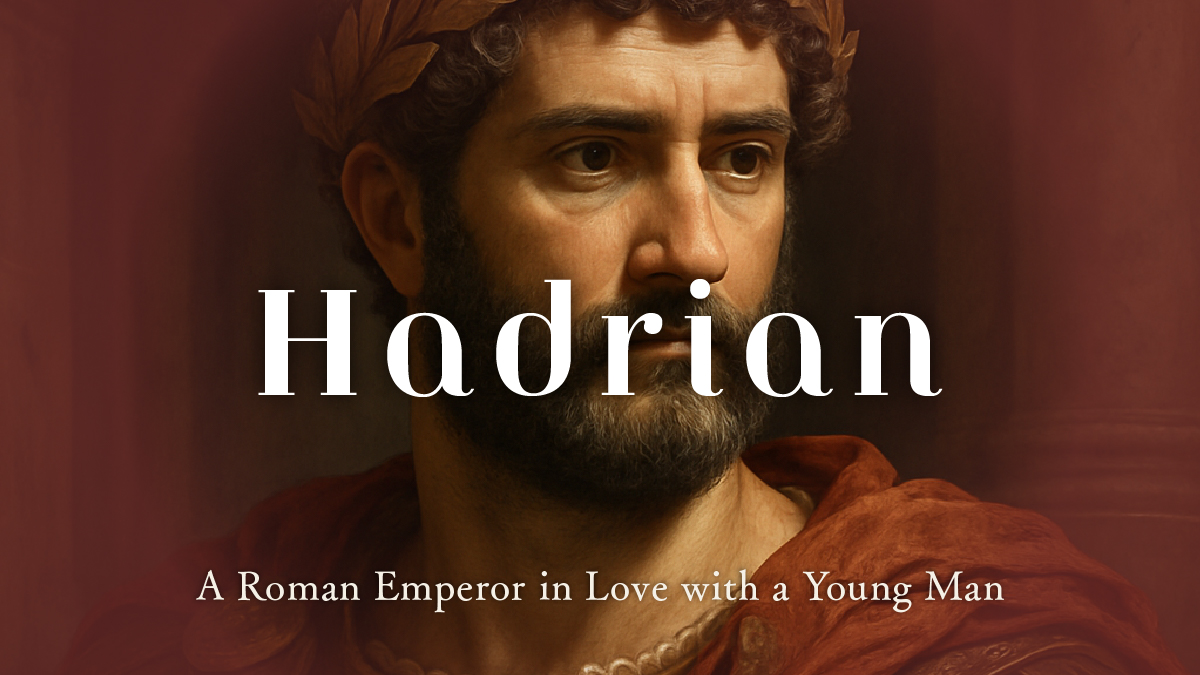


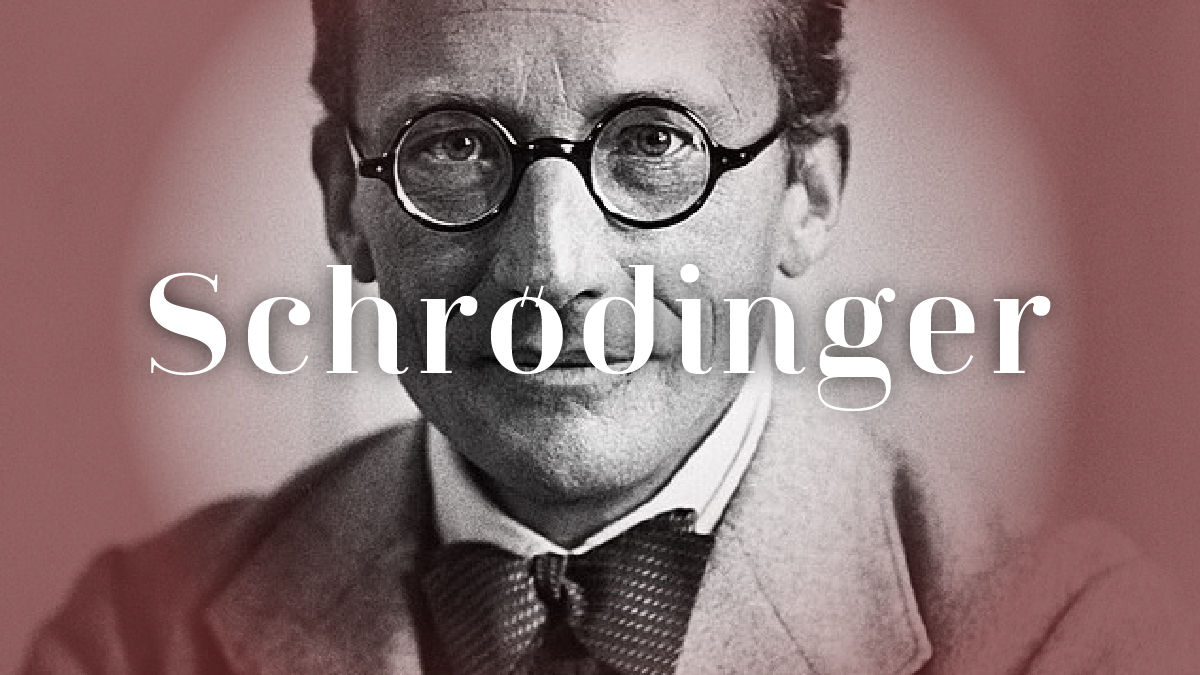

 日本語
日本語



